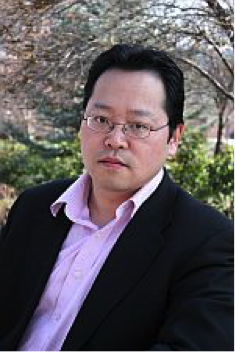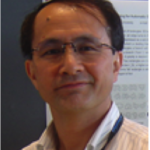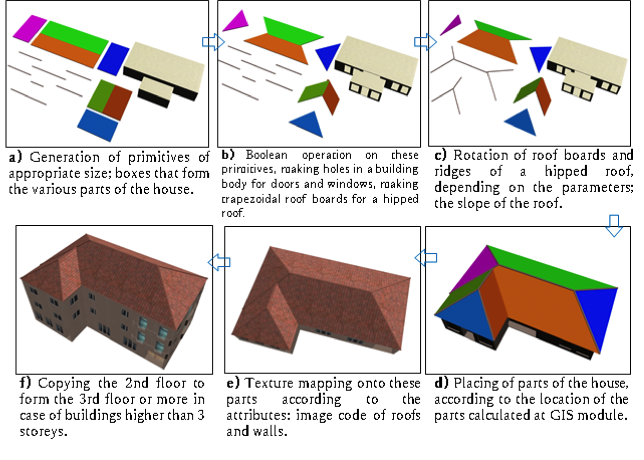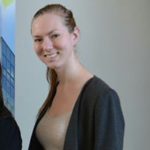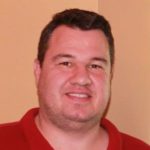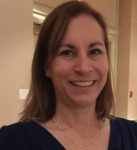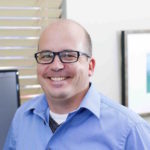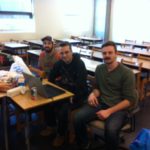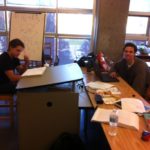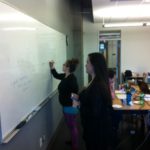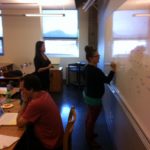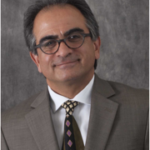 Dr. R. Zoughi
Dr. R. Zoughi
Applied Microwave Nondestructive Testing Laboratory (amntl)
Electrical and Computer Engineering Department
Missouri University
Evolution of Microwave and Millimeter Wave Imaging for NDE Applications
Co-sponsored by IEEE IMS TC-36
Time & Date: 9:40 am—11:00 am, Friday, March 17th, 2017
Location: ADM 026, UBC, Okanagan Campus, Kelowna, BC
Registration is open now: https://events.vtools.ieee.org/m/44113
and
Time & Date: 4:00 pm—5:00 pm, Friday, March 17th, 2017 (CANCELLED)
Location: E 103, Okanagan College, 1000 KLO Rd., Kelowna, BC
Registration is open now: https://events.vtools.ieee.org/m/44505
Talk Abstract: Millimeter-wave signals span the frequency range of 30 GHz to 300 GHz, corresponding to a wavelength range of 10 mm to 1 mm. Signals at these frequencies can easily penetrate inside dielectric materials and composites and interact with their inner structures. The relatively small wavelengths and wide bandwidths associated with these signals enable the production of high spatial-resolution images of materials and structures. Incorporating imaging techniques such as lens-focused and near-field techniques, synthetic aperture focusing, holographical methods based on robust back-propagation algorithms with more advanced and unique millimeter wave imaging systems have brought upon a flurry of activities in this area and in particular for nondestructive evaluation (NDE) applications. These imaging systems and techniques have been successfully applied for a wide range of critical NDE-related applications.
Although, near-field techniques have also been prominently used for these applications in the past, undesired issues related to changing standoff distance have resulted in several innovative and automatic standoff distance variation removal techniques. Ultimately, imaging techniques must produce high-resolution 3D images, become real-time, and be implemented using portable systems. To this end and to expedite the imaging process while providing a high-resolution images, the design and demonstration of a 6″ by 6″ one-shot, rapid and portable imaging system (Microwave Camera), consisting of 576 resonant slot elements, was completed in 2011. Subsequently, efforts were expended to design and implement several different variations of this imaging system to accommodate one-sided and mono-static imaging, while enabling 3D image production using non-uniform rapid scanning of an object, as well as increasing the operating frequency into higher millimeter wave frequencies. These efforts have led to the development of a real-time, portable, high-resolution and 3D imaging microwave camera operating in the 20-30 GHz frequency range which was recently completed. This presentation provides an overview of these techniques, along with illustration of several typical examples where these imaging techniques have effectively provided viable solutions to many critical NDE problems.
Speaker Biography: R. Zoughi received his B.S.E.E, M.S.E.E, and Ph.D. degrees in electrical engineering (radar remote sensing, radar systems, and microwaves) from the University of Kansas where from 1981 until 1987 he was at the Radar Systems and Remote Sensing Laboratory (RSL). Subsequently, in 1987 he joined the Department of Electrical and Computer Engineering at Colorado State University (CSU), where he established the Applied Microwave Nondestructive Testing Laboratory (amntl). He held the position of Business Challenge Endowed Professor of Electrical and Computer Engineering from 1995 to 1997 while at CSU. In 2001 he joined the Department of Electrical and Computer Engineering at Missouri University of Science and Technology (S&T), formerly University of Missouri-Rolla (UMR), as the Schlumberger Distinguished Professor. His current areas of research include developing new nondestructive techniques for microwave and millimeter wave testing and evaluation of materials (NDT&E), developing new electromagnetic probes and sensors to measure characteristic properties of material at microwave frequencies, developing embedded modulated scattering techniques for NDT&E purposes and real-time high resolution imaging system development. He is the author of a book entitled “Microwave Nondestructive Testing and Evaluation Principles”, and the co-author of a chapter on Microwave Techniques in an undergraduate introductory textbook entitled “Nondestructive Evaluation: Theory, Techniques, and Applications”. He has been the recipient of numerous teaching awards both at CSU and Missouri S&T. He is the co-author of over 585 journal papers, conference proceedings and presentations and technical reports. He has eighteen patents to his credit all in the field of microwave nondestructive testing and evaluation. He was the recipient of the 2007 IEEE Instrumentation and Measurement Society Distinguished Service Award, the 2009 American Society for Nondestructive Testing (ASNT) Research Award for Sustained Excellence, and the 2011 IEEE Joseph F. Keithley Award in Instrumentation & Measurement. In 2013 he and his co-authors received the H. A.
Wheeler Prize Paper Award of the IEEE Antennas and Propagation Society (APS) related to the design of 24 GHz real-time microwave camera. He is a Fellow of the Institute of Electrical and Electronics Engineers (IEEE), a Fellow of the American Society for Nondestructive Testing (ASNT), and served as the Editor-in-Chief of the IEEE Transactions on Instrumentation and Measurement (2007-2011) and the President of the IEEE Instrumentation and Measurement Society (2014-2015).
For further information please contact: Dr. Zheng Liu <zheng.liu@ubc.ca> and
Youry Khmelevsky (email: youry@ieee.org)
Refreshments will be provided
